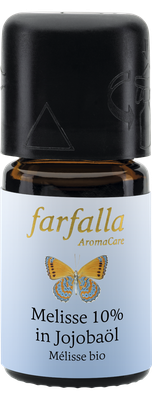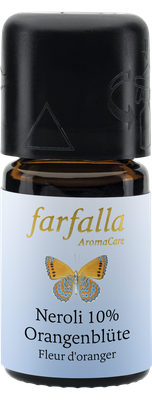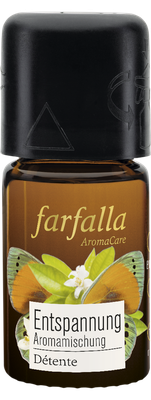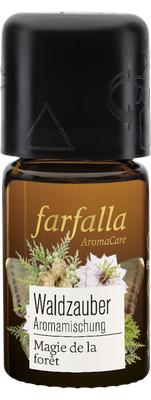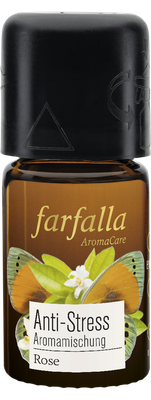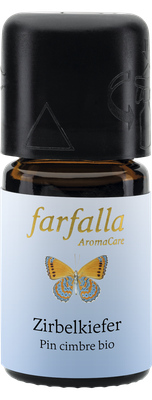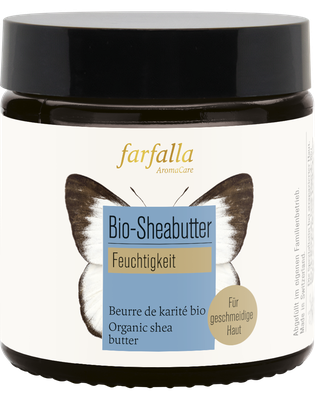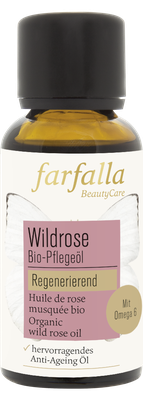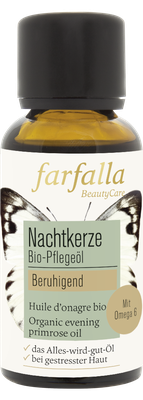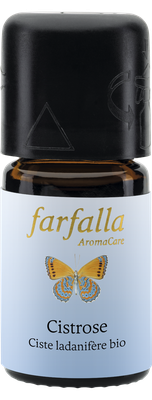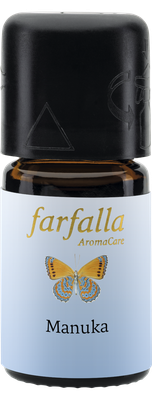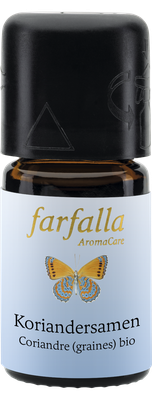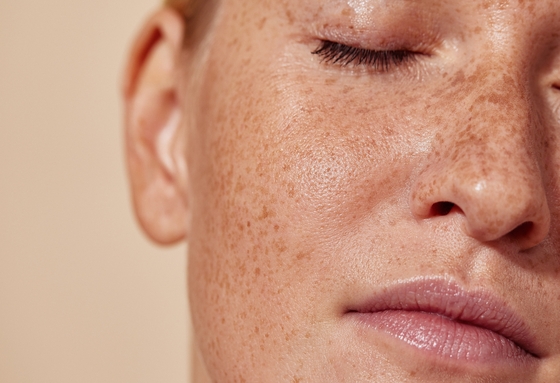Neurodermitis
How do neurodermatitis and aromatherapy go together? Difficult skin conditions can be successfully supported by the triad of aromatherapy, the synergy of organic skincare oils, organic plant waters and essential oils.
Those affected know this: Neurodermatitis, also known as atopic eczema or atopic dermatitis, brings with it not only physical but also emotional challenges. As a holistic approach, aromatherapy can provide relief for the skin and support for the psyche. In addition, the basic ingredients of aromatherapy, namely essential oils, rich organic skincare oils and organic plant waters (hydrolates), complement each other ideally, as they nourish and support the microbiome, which is important for skin health, strengthen the hydrolipid mantle and skin barrier and prevent microbial overgrowth.
The use of organic skincare oils and organic plant waters as well as carefully selected essential oils can therefore be a personalised addition to the skincare routine for neurodermitic skin.
The aromatherapy triad Organic plant water, fatty plant oils and essential oils
The acidic environment of the skin and organic plant water
Organic plant waters, particularly suitable for sensitive skin conditions, e.g. chamomile, rose petals or lavender, not only contain balancing and soothing plant active ingredients, but also the optimum pH value for the skin. This pH value is close to the skin's natural pH value, which is slightly acidic, and supports the maintenance of a healthy acid mantle, which is particularly important for keeping the skin healthy. Carefully spray the plant water onto the affected areas after mild cleansing or mix it with your favourite skincare oils.
The power of organic skincare oils for atopic dermatitis
Rich plant oils from nuts, such as almond oil, evening primrose oil or argan oil, or seeds (from evening primrose or hemp) strengthen the skin's hydrolipid mantle, nourish the microbiome and protect the horny layer barrier. They are rich in essential fatty acids such as omega-3 and omega-6, which are crucial for skin regeneration. In the case of neurodermatitis, which is often associated with dry and irritated skin, they can successfully support the barrier function. They also contain lipid supplements such as vitamins, phytosterols and tocopherols (vitamin E), polyphenols and other bioactive compounds that have a regulating effect on skin functions. The soothing, calming effect of organic almond oil is also based on its valuable ingredients. It consists of around 80 % oleic acid (omega-9 fatty acid), an unsaturated fatty acid. It penetrates into the deepest layers of the skin and leaves the skin feeling pleasantly soft. Linoleic acid (omega-6) protects against dirt, UV rays and stress. Almond oil is therefore very well tolerated and offers particularly sensitive skin gentle care and helps to restore its balance.
The special thing about evening primrose oil is its high content of gamma-linolenic acid (GLA, also an omega-6 fatty acid), which plays an important role in regulating inflammatory processes in the body and has an extremely soothing and balancing effect on atopic dermatitis skin.
Soothing hemp oil, rich shea butter, cooling coconut oil, valuable wild rose oil and the highly regenerating sea buckthorn pulp oil also provide deep nourishment - especially in combination with almond oil or mild apricot kernel oil.
Tip: If you spray the skincare oil onto skin moistened with organic plant water, the oil will lock moisture into the skin. That's why you should always apply oily oils to slightly damp skin.
The right choice of essential oils for skin care in the case of neurodermatitis
The use of essential oils requires particular caution in the case of neurodermatitis and other sensitive skin conditions. Some essential oils can irritate the skin and should be avoided, and under no circumstances should they be applied undiluted, especially not over large areas - this applies to all skin. Skin-friendly yet potent essential oils such as cistus, lavender fine, manuka, camomile, carrot seed, coriander seed oil, sandalwood or yarrow are tried and tested for our own formulations, which are in the range of 0.5% dilutions.
Recipes for safe use
Essential oils should always be diluted in an organic skincare oil to avoid skin irritation. A recommended ratio is approximately 0.1-0.5% essential oil to the total amount of carrier oil. This ensures safe use, especially for sensitive skin. You can test a custom formulation on a small area of skin to make sure your skin tolerates it well. A quick and easy way to make a blended emulsion from your personalised selection of plant water, skincare oil and essential oil. You can learn exactly how to do this in our current workshops.
Holistic care in the focus of aromatherapy
Psychological factors play a major role in stressed skin conditions such as atopic dermatitis. Here too, aromatherapy can be seen as part of holistic care. Fragrance molecules send direct signals via the nose to the regions of the brain where emotions are controlled. Selected relaxing fragrances, e.g. used in a fragrance pen or as a room fragrance, can provide valuable psychological support for those affected. Find out more at Farfalla | Gently Relaxed
The farfalla Derma Pro Biome Ultrasens Repair & Calm Cream contains the very well-tolerated essential oils of sandalwood and copaiva balm and also soothes irritated skin with camomile plant water. It was specially developed for skin prone to neurodermatitis, dry, eczematous and scaly skin.
Skin-friendly choice of essential oils
Stress-relieving choice of essential oils
